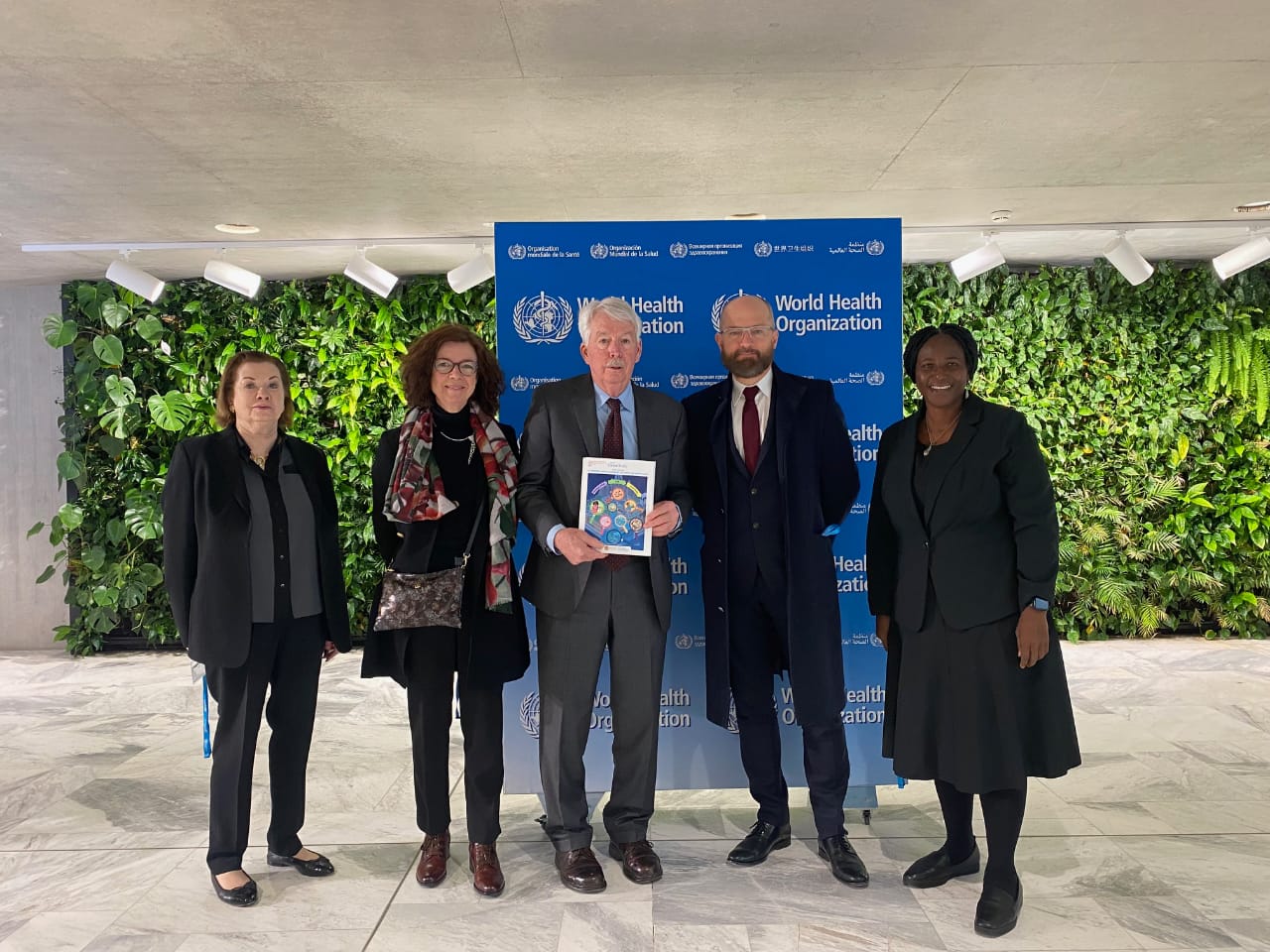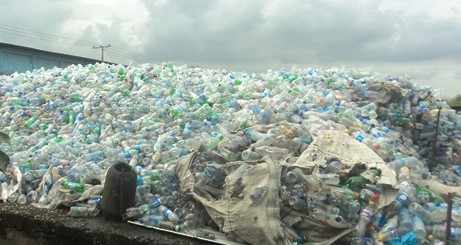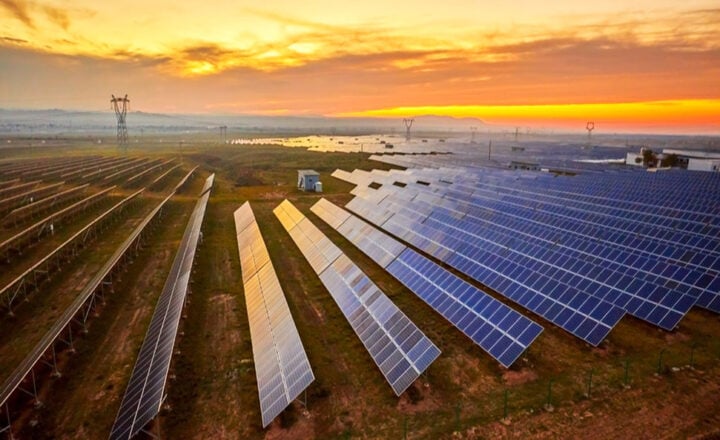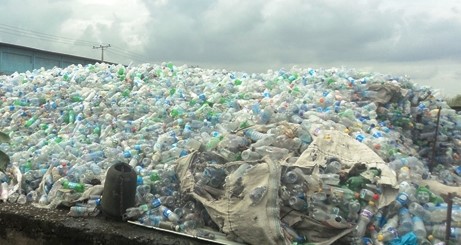Climate change researchers on the effects of plastics on the population
The Minderoo-Monaco Commission on Plastics and Human Health have found that toxic chemicals in plastics are increasing the risk of miscarriages, obesity, cardiovascular disease, and cancers.
In a report published in the journal – Annals of Global Health – the researchers drawn from the healthcare, ocean and environment fields, said plastics pose considerable risks to all life on earth at every stage of the life cycle.
In a statement marking World Environment Day with the campaign theme–#BeatPlasticPollution, the commission said the unsustainable disposal of plastics causes micro and nano-plastics (MNPs) particles to contaminate the water and the seafloor and enter the marine food chain.
This, they said, endangers the ocean ecosystems upon which all humanity depends for food, oxygen, livelihood and wellbeing, thereby causing significant harm to human health, the environment and economy.
Advertisement
“The commission’s key findings reveal: Plastic causes disease, impairment, and premature mortality at every stage of its life cycle, with the health repercussions disproportionately affecting vulnerable, low-income, minority communities, particularly children,” the statement reads.
“Toxic chemicals that are added to plastic and routinely detected in people are, amongst others, known to increase the risk of miscarriage, obesity, cardiovascular disease, and cancers.
“Plastic waste is ubiquitous, with the ocean, on which we depend for oxygen, food and livelihoods, suffering beyond measure, with micro and nano plastics particles contaminating the water and the sea floor and entering the marine food chain.”
Advertisement
Sarah Dunlop, a professor and co-author, believes researchers are finally opening the eyes of the world to the harms caused by some plastics and the need to ban them globally.
“These findings put us on an unequivocal path to demand the banning or severely restricting of unnecessary, avoidable, and problematic plastic items, many of which contain hazardous chemicals with links to horrific harm to people and the planet.
“In 2015, four percent of fossil fuel was used to make plastic and, by 2050, this is predicted to increase to 20 percent. Even worse, as fossil fuel production continues to soar, so will the profound impacts we already see increase even more.”
PLASTICS CHEMICALS AFFECTS CHILDREN’S IQ
Advertisement
Philip Landrigan, director of Global Observatory on Planetary Health at Boston College, faulted plastic producers who fail to disclose the potential toxicity of plastics, adding that these chemicals are dangerous for pregnant women and affect intelligence quotient (IQ) in children.
“Very few details about the identity, chemical makeup, and potential toxicity of plastic chemicals are disclosed by plastic producers, and in most countries, they are under no legal obligation to do so,” Landrigan said.
“Out of sight should not mean out of mind. If there were warnings on plastic products stating that their usage could lead to attention deficit disorders, and intelligence quotient (IQ) loss, most consumers would think twice before exposing their children to their production, use, and disposal.
“But, this is the uncomfortable truth about many chemicals used in plastics, which are especially dangerous for infants in the womb, young children, and pregnant women, and can no longer be ignored.”
Advertisement
TEST PLASTICS FOR TOXICITY BEFORE ENTERING MARKETS
While calling for immediate intervention, the commission said the ways to avoid negative impacts of plastics are through “better production practices, alternative design, less toxic chemicals, and decreased consumption”.
Advertisement
It recommended that there is need for “funding to promote the development of technologies for detecting smaller MNPs in the environment and human tissue to adequately assess the presence and quantity of these particles.
“In addition, mandated systematic biomonitoring and post-market surveillance of plastic chemical exposures and their health effects in human populations are required, as is already customary in the pharmaceutical and food industries.
Advertisement
“Establishing health-protective standards for plastic chemicals under the Global Plastics Treaty, requiring testing of all polymers and plastics chemicals for toxicity before entering markets, as well as post-market surveillance.”
The commission further urged that “a cap on global plastic production be a defining feature of the Global Plastics Treaty, and that the Treaty continues its focus beyond marine litter to address the impacts of plastics across the entire life cycle, including the many thousands of chemicals incorporated into plastics and the human health impacts”.
Advertisement






